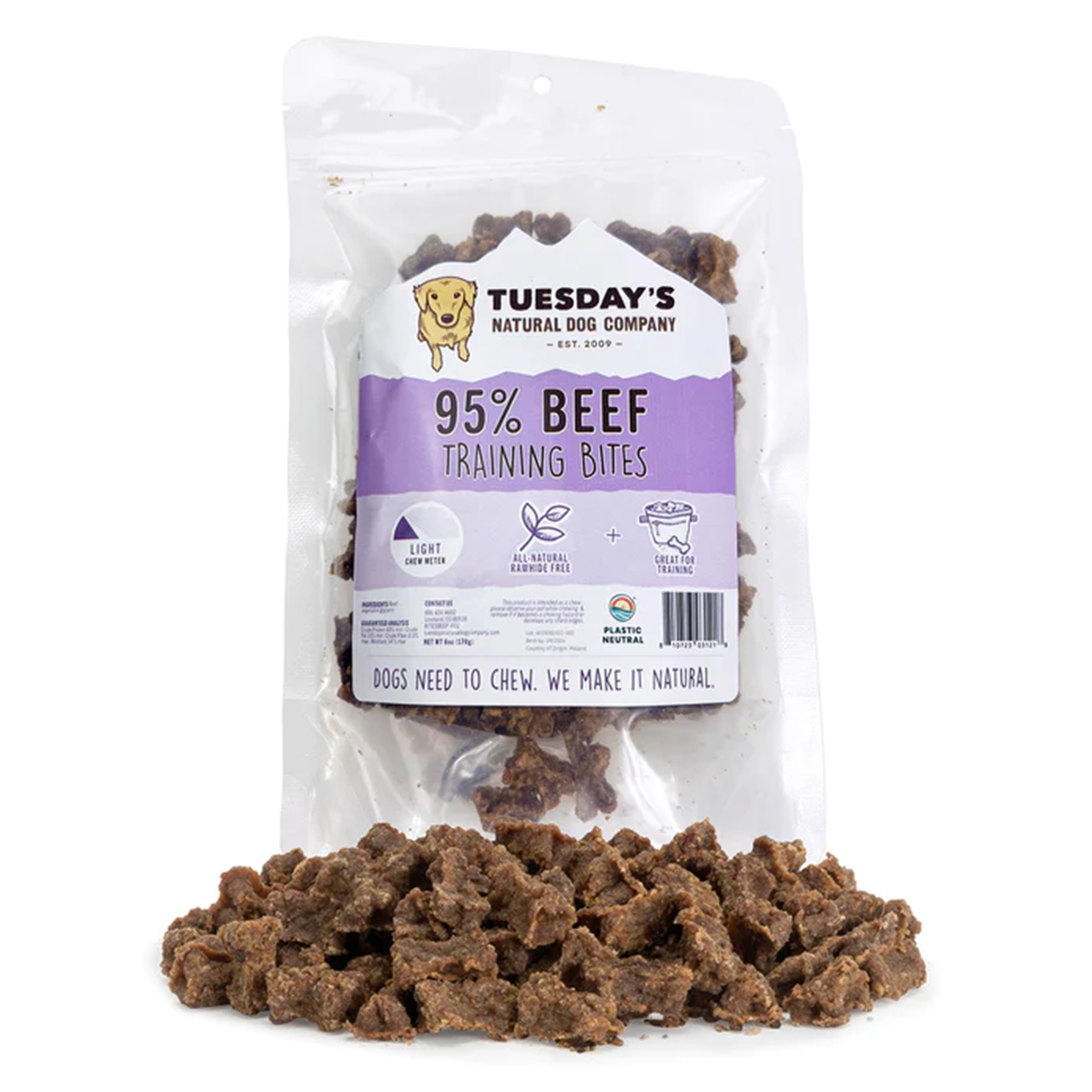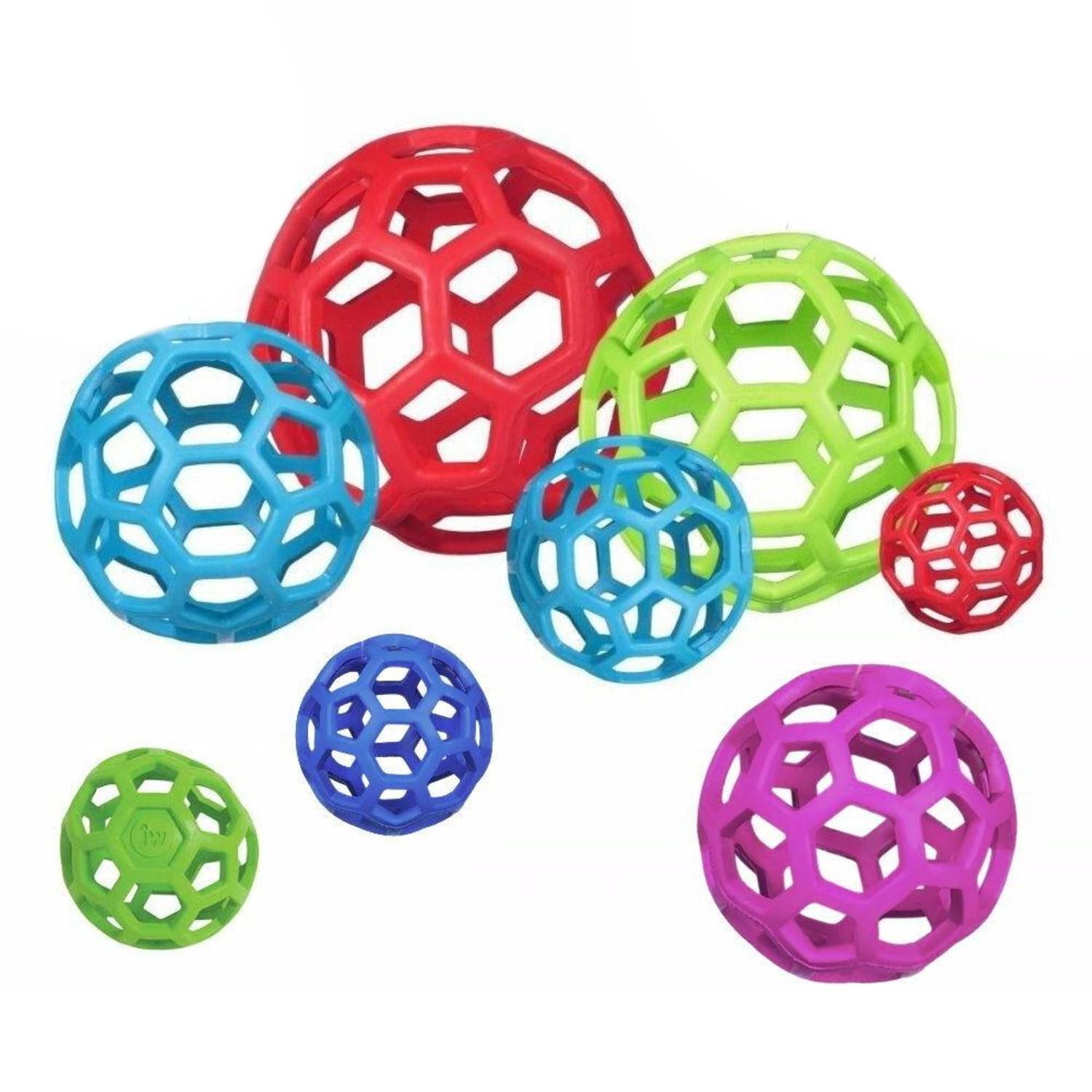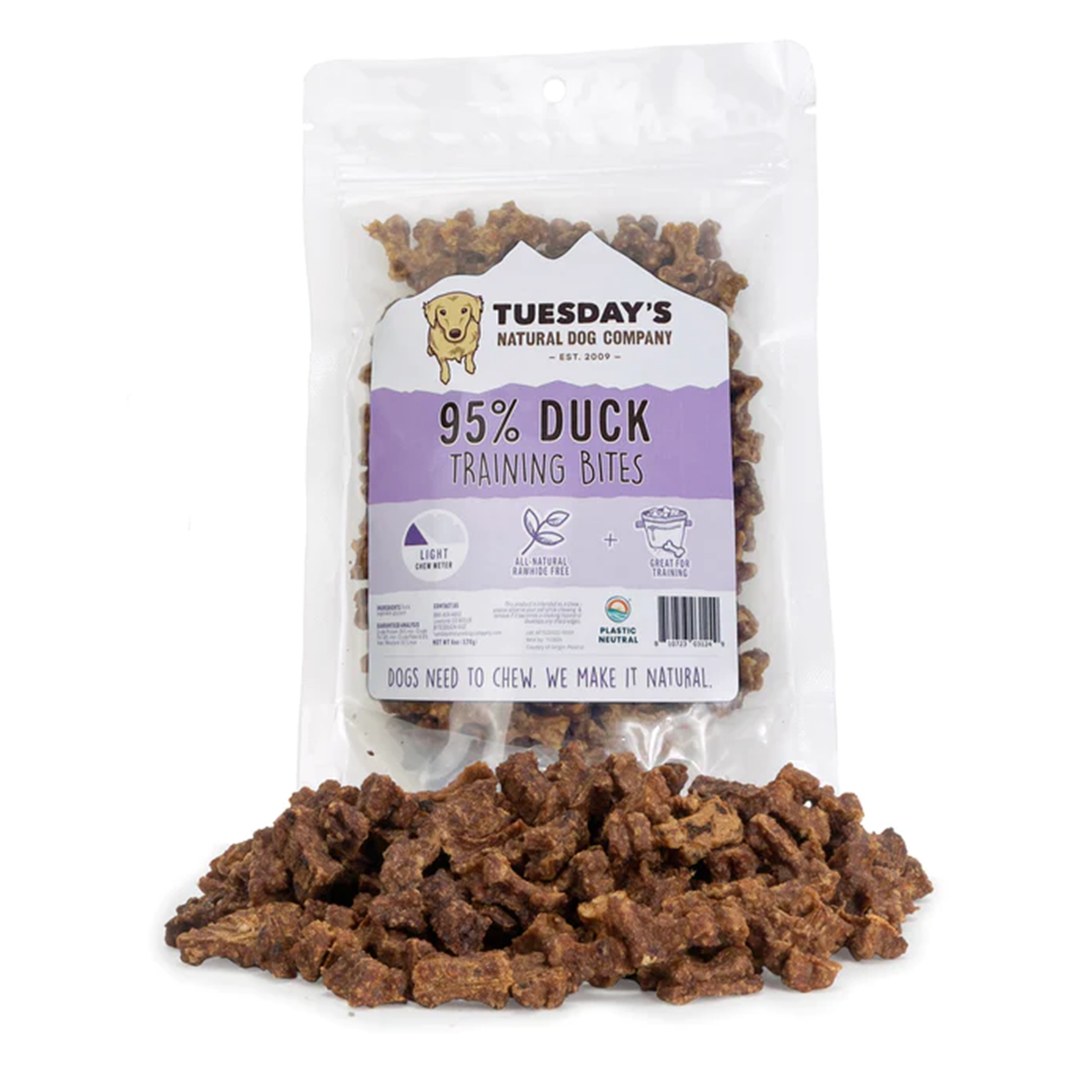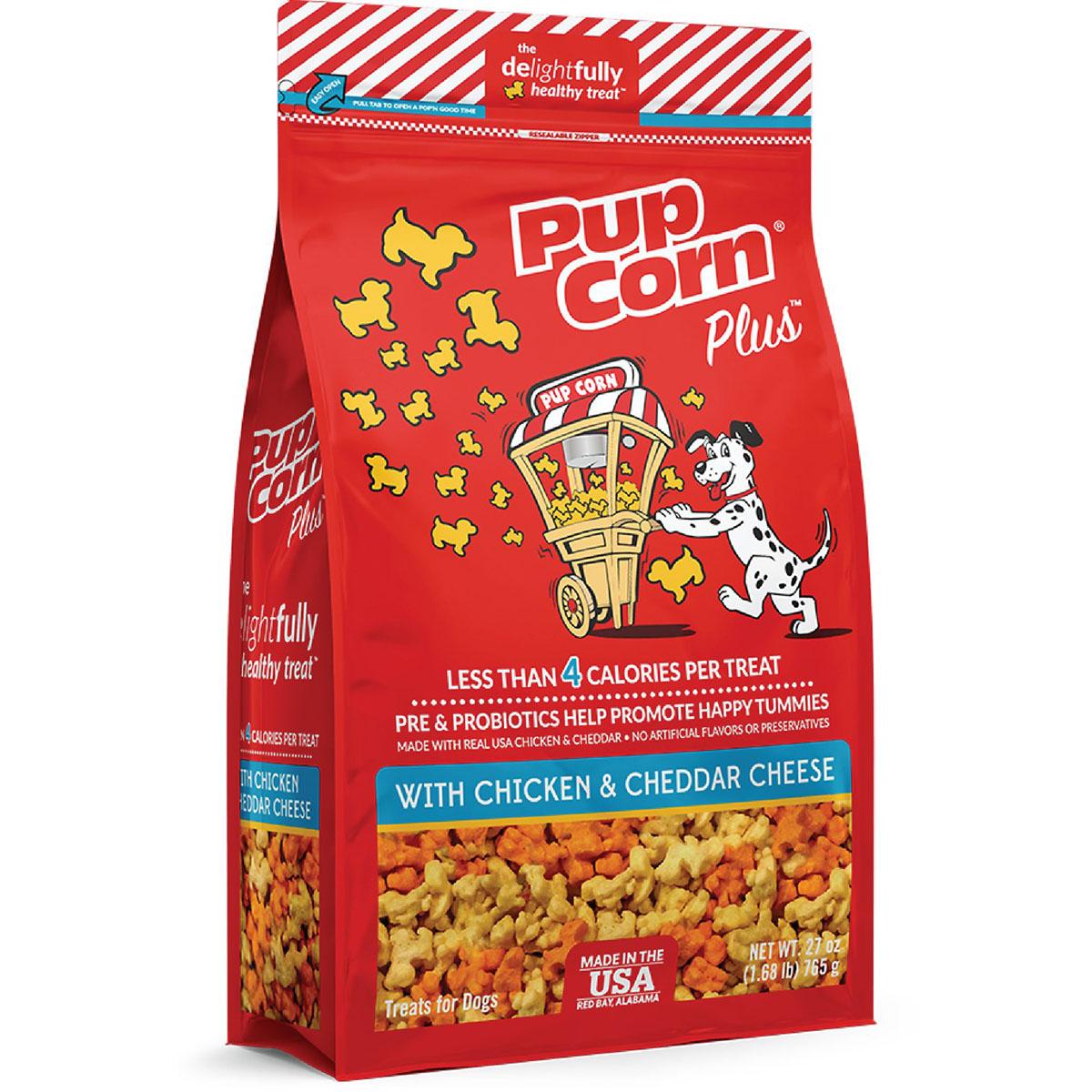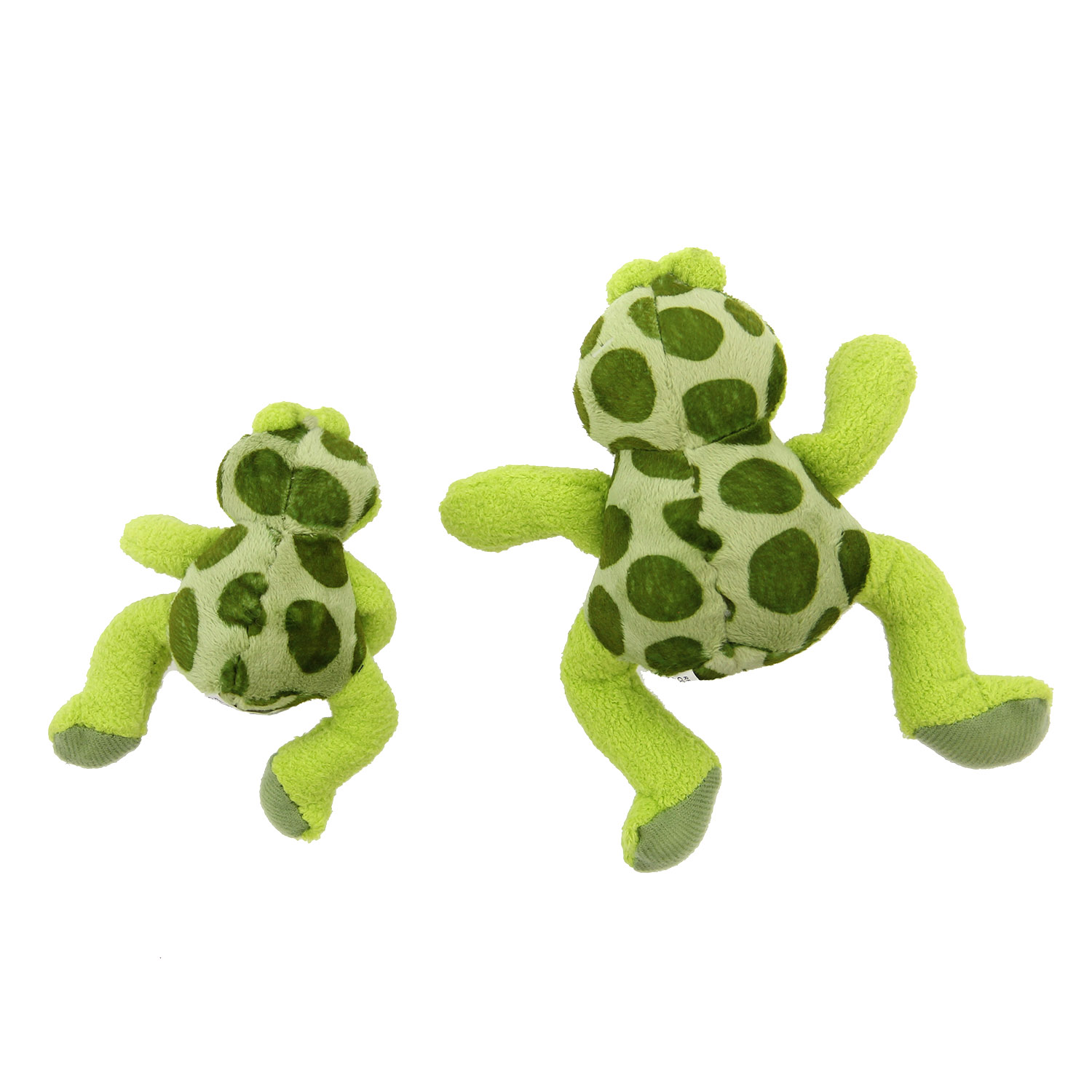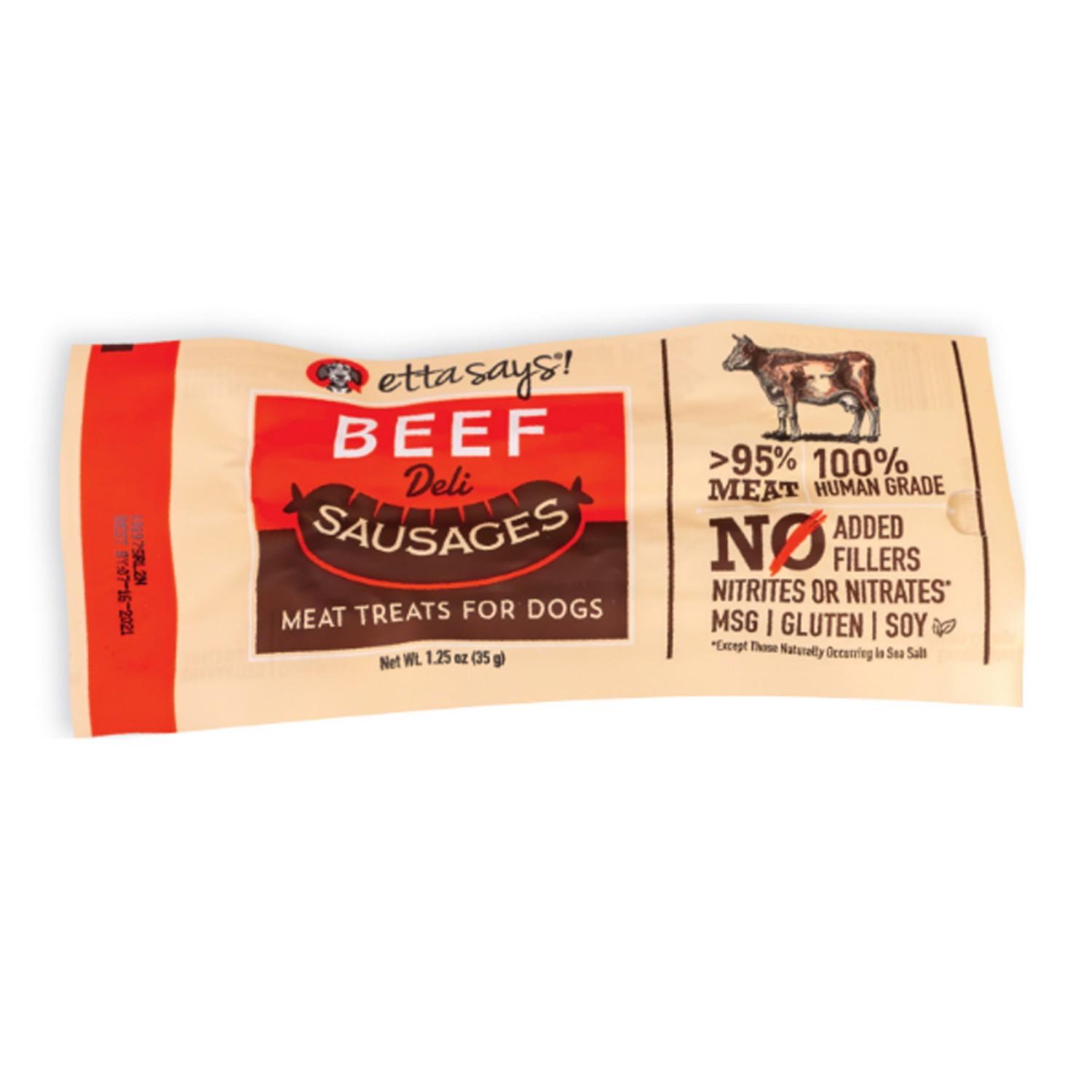How To Measure Your Dog's Paws!
Dear Human,
Proper footwear fit is essential to a fun day out (or in). Here's how to measure your pet's paws...
Length
With your pet's paw on the ground, measure from the tip of the claws (those have to fit inside the shoe too) to the back of where the paw touches the ground, which is just behind the pad.
Width
While your pet's paw is still on the ground, measure from side to side at the widest point of your pet's paw, which is usually near the base of the toes.
Handy Tip: Try having your pet step on a piece of paper, then trace around the paw. Then, while your pet is off eating your houseplants or terrorizing the neighborhood, you can measure the traced outline in peace.



 Sign In
Sign In 
 Cart
Cart 
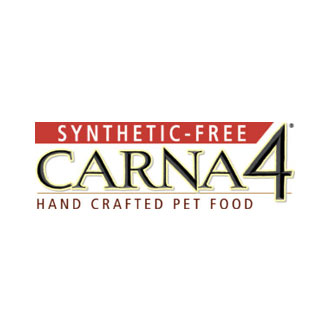









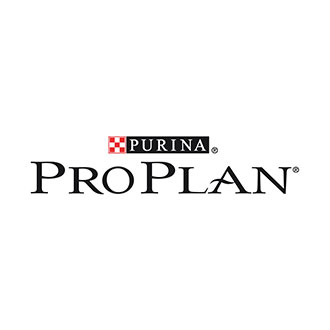


 Save up to 10% Off with Autoship learn more
Save up to 10% Off with Autoship learn more